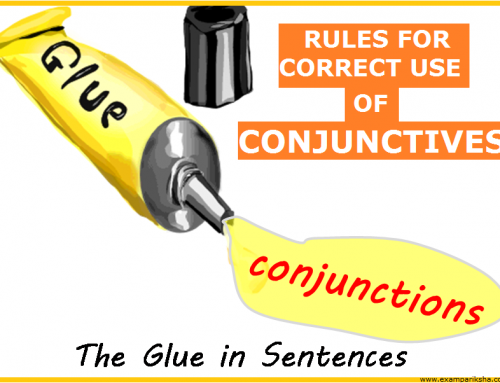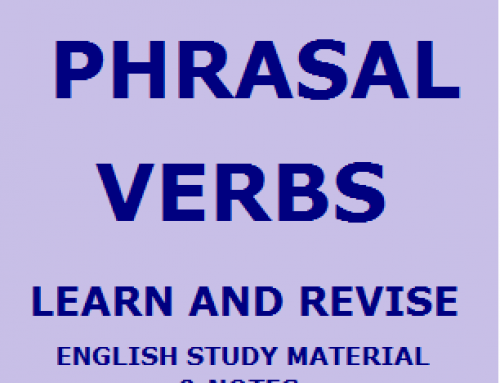A Gerund is that particular form of the verb which ends in ‘-ing’ and has the effect of a noun and a verb. they are also known as ‘verbal noun’ or ‘verb-noun’.
Since both infinitive and gerund have the force of a noun and a verb, they have similar uses. Hence, in majority of the sentences, either of them can be used without a special difference in meaning. For instance;
Teach me to drive. or
Teach me driving.
Let us first understand a gerund, consider the following example;
Reading is her favorite pastime. (Here the word ‘reading’ is formed by the verb ‘read’ and ‘-ing’)
Gerunds, like infinitives are used as nouns, while still retaining the power that a verb has of governing another noun or pronoun.
Compound Gerund: are formed by placing a past participle after the Gerunds of ‘have’ and ‘be’. For instance;
I heard of her having gained a prize.
She is desirous of being praised.
Difference between Past participle and Gerund:
Since both Past Participle and the Gerund end with ‘-ing’, it is essential to distinguish between them. The Past Participle has the force of an Adjective and a Verb, while a Gerund has the force of a noun and a verb.
Example of Gerund: – He is fond of playing cricket.
Example of Past Participle: – Playing cricket, he gained health.
Uses of Gerund:
A gerund is a verbal noun, hence it may be used in the following five major ways:
1. Use of Gerund as the subject of a verb. Consider the following example;
Seeing is believing.
Hunting tiger is not allowed in this country.
2. A Gerund is used as the object of a transitive verb. Such as the following instance;
Stop crying.
I like reading prose.
She contemplated marrying her cousin.
3. The Gerund is used as the object of a preposition, as shown in the following examples below;
I am tired of playing.
She is fond of swimming.
She was punished for telling a lie.
I have an aversion to skating.
We were prevented from seeing the patient.
4. A Gerund is also used as a complement to a verb, to explain more about the verb. For instance;
What I most detest is smoking.
5. The Gerund is used absolutely, as explained in the following example:
Playing cards being her aversion, we did not play poker.
Rules for Gerunds:
The noun or pronoun preceding Gerund should always be in the Possessive case. For example;
My teacher got angry on my reading late in class.
He left for London without my knowing.
There are some verbs which are directly followed by a gerund. These are – avoid, escape, defer, detest, dislike, enjoy, finish, resist, mind, risk, resent, mind, practice, etc. Study the following examples carefully to understand this rule.
I could not resist laughing at his silly acrobats.
We won’t escape paying income tax.
Have you finished writing the book?
<< Click here to learn about the composition of Atmosphere>>
<< Read more about the Maratha Empire here>>





I am sorry, but the past participle does not end with -ing, as stated above. I assume that you have merely confused it with the present participle, which indeed does end in -ing, while the past participle is the 3rd verb form such as “been”.